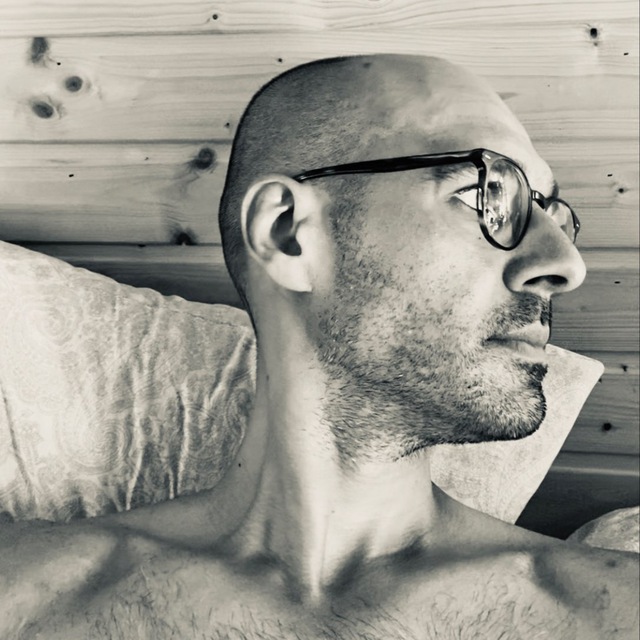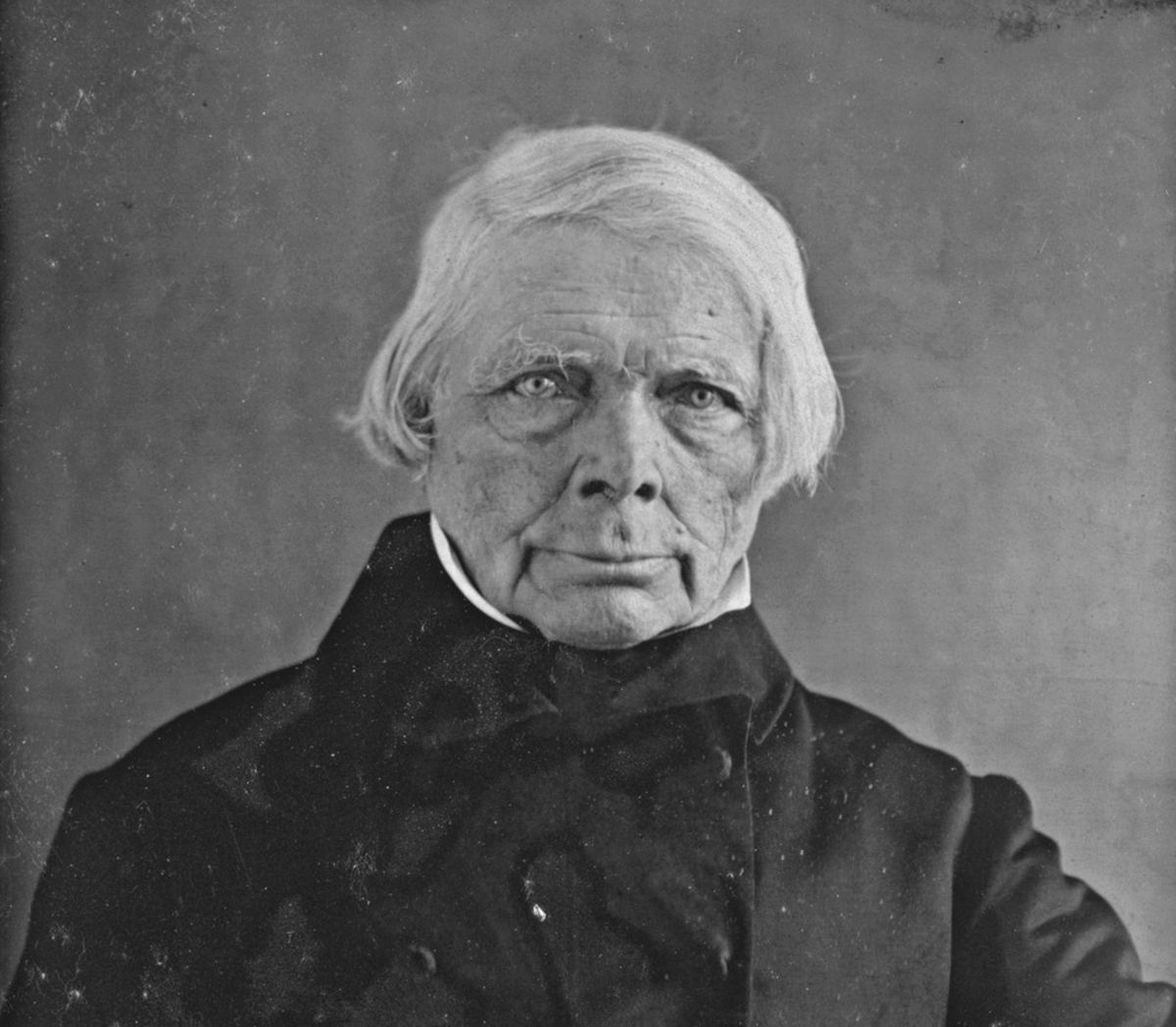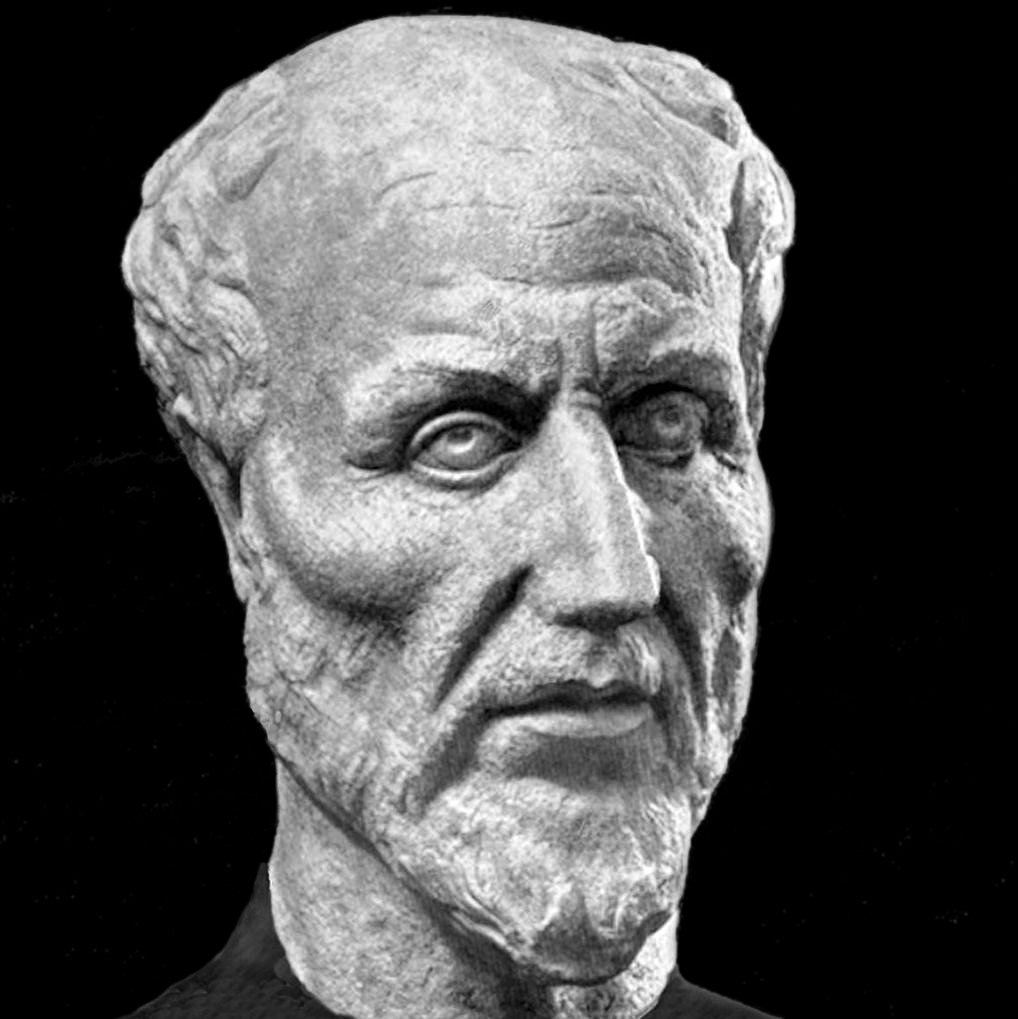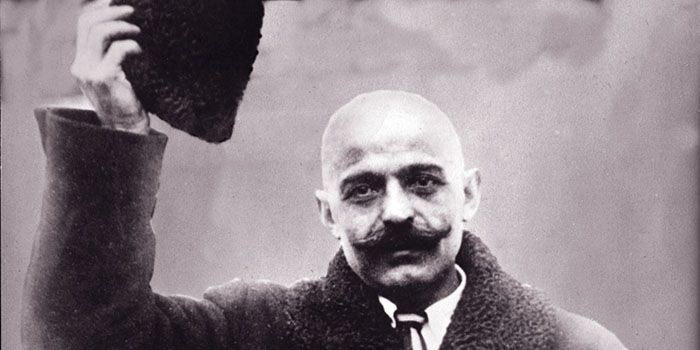The Agora is a Database of Wisdom
Check out our elevator pitch or Sign in
Check out our elevator pitch or Sign in
Blackboard
See what's happening in the agora
Groups
Topics
All Topics
The Science and Philosophy of Ether, the Spherical Cosmos, and the World Soul
0
0
The Cloud Upon the Sanctuary by Karl von Eckhartshausen
0
0
A Unified Examination of Goethe's Epistemology: The Immanentization of the Platonic Form
0
0
Jason Reza Jorjani - Part One: Escaping the Prison Planet
0
0
Manly P. Hall: Victory of the Soul Over Circumstance
0
0





Credit: Jochen Kirchhoff
https://www.youtube.com/watch?v=F3qlJk4I6Kc